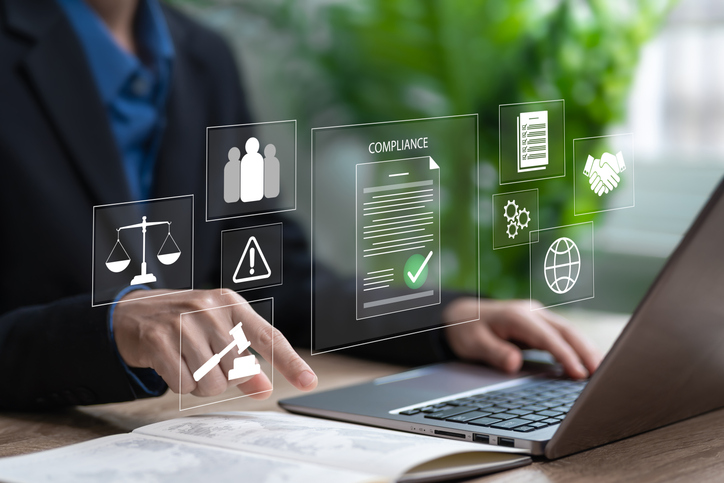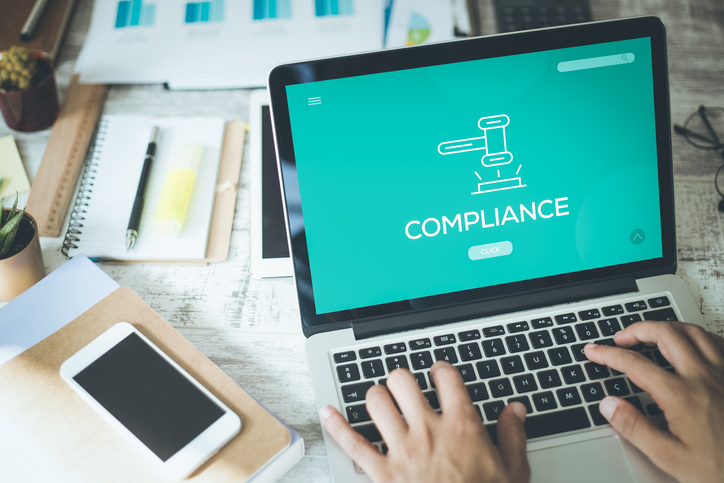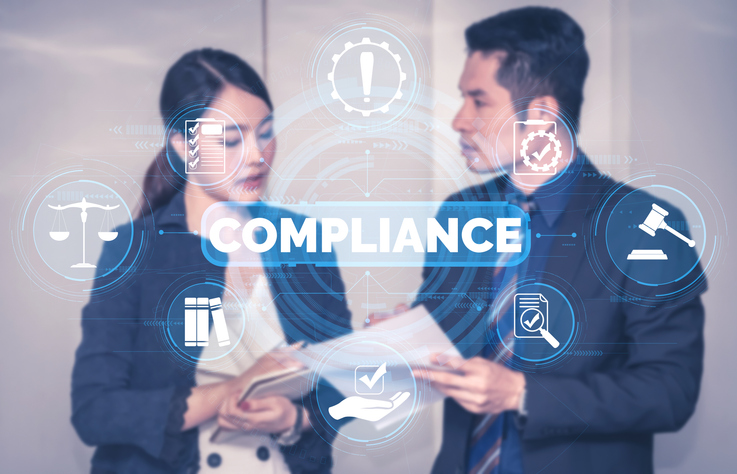Artificial intelligence (AI) is transforming how we work, from automating tasks to improving decision-making and enhancing customer experiences. However, as AI becomes more integrated into business operations, it raises complex questions about ethics and AI. How can organizations ensure responsible AI use? What steps can leaders take to build trust and accountability when deploying AI tools?
Why Ethics and AI Matters
AI systems are designed to process vast amounts of data and make decisions faster than humans—but that doesn’t mean they are free from bias or error. AI models learn from historical data, which may reflect existing societal biases or inequalities. Without ethical oversight, AI can unintentionally reinforce discrimination, invade privacy, or make decisions that lack transparency.
For example, an AI-driven recruitment tool might prioritize candidates based on historical hiring patterns, unintentionally favoring certain demographics and excluding others. Similarly, an AI-based performance evaluation system might rely on incomplete or skewed data, leading to unfair assessments. These issues can undermine employee trust and expose organizations to legal and reputational risks.
Key Ethical Concerns with AI in the Workplace
- Bias and Discrimination
AI models reflect the data they are trained on. If that data contains bias, the AI system will replicate and potentially magnify those patterns. For example, an AI tool used in hiring might favor male candidates if the training data reflects historical gender disparities in leadership roles. - Privacy and Data Security
AI systems often require large amounts of personal data to function effectively. Without proper safeguards, companies may misuse employee data, breaching privacy and trust. Employees must understand how the company collects, stores, and uses their data. - Lack of Transparency
AI decision-making processes can be complex and opaque. When employees don’t understand why an AI tool recommended a particular outcome—whether it’s a promotion, disciplinary action, or workload assignment—it can create confusion and resentment. - Accountability and Oversight
Who is responsible when AI makes a mistake? Without clear accountability structures, it’s difficult to address errors or make improvements. AI tools should complement human decision-making, not replace it entirely.
Best Practices for Ethical AI in the Workplace
1. Establish Clear AI Governance Policies
Develop a framework that outlines how AI will be used, monitored, and evaluated within your organization. Ensure that AI systems align with your company’s values and code of conduct.
2. Monitor for Bias and Fairness
Regularly audit AI systems for biased outcomes and adjust models to improve fairness. Encourage a diverse group of employees to review AI recommendations to catch potential blind spots.
3. Prioritize Transparency
Employees should understand how AI-driven decisions are made. Provide clear explanations of AI processes and give employees an opportunity to challenge or appeal decisions.
4. Protect Employee Data
Ensure that AI systems comply with data privacy laws and company policies. Limit data collection to what is necessary and secure employee information through encryption and restricted access.
5. Maintain Human Oversight
AI should support, not replace, human judgment. Managers and HR leaders should have the final say on important decisions, using AI recommendations as one factor in the process rather than the sole determinant.
Building a Culture of Trust and Accountability
To build employee trust, organizations must demonstrate that AI is being used responsibly and ethically. This means providing training on how AI works, encouraging open dialogue about its use, and ensuring that employees feel comfortable raising concerns.
AI can improve efficiency and drive innovation—but only when organizations deploy it with fairness, transparency, and accountability. By embedding ethical policies into AI use, organizations can foster a more equitable and trusting workplace.








